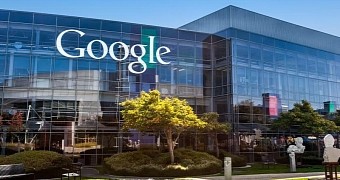Nobody imagined that this was possible, but Apple and Canonical are now supporting the Windows 10 push and they are bringing their apps in the Windows Store on Microsoft’s own Windows 10.
With iTunes and Ubuntu now projected to become available in the Windows Store in the coming weeks, many eyes are now turning to Google, which is one of the last tech giants that are resisting the Windows 10 push and refusing to bring its apps to the Store.
For Google, however, such a decision might have a bigger business impact than for the other two, especially because the search company is now positioned as Microsoft’s number one rival in the education market.
By bringing iTunes and Ubuntu in the Windows Store, Microsoft improves its education offering, as Windows 10 S, which is specifically limited to Store apps, can now run these apps and reduce the dependence on Win32 software. Windows 10 S is developed mainly for the education market and is powering a growing number of devices built by Microsoft and its partners for schools and educators.
Furthermore, in the case of Google, bringing apps in the Windows Store is a bit more troublesome, especially because of some of the limitations that Microsoft itself has implemented.
Browser limitations
Google Chrome, for example, cannot be published in the Windows Store unless it uses Microsoft’s own rendering engine, so Google’s browser would have to transform completely only to become available on Windows 10. Of course, this hasn’t stopped Google from launching in Apple’s App Store where the guidelines also require browser developers to comply with a similar set of rules, so if it really wants to, Google can also bring its browser in the Windows Store as well.
At the same time, Google is also the owner of several other high-profile apps that Windows 10 users would love to have, such as Gmail and Google Maps. While Gmail can be configured in the Mail app, the mapping service can be accessed with some other workarounds, including third-party apps that are more or less limited too for the time being. Native solutions, however, would certainly be well received.
Without a doubt, Google bringing apps in the Windows Store would be a huge win for Microsoft, and this is probably one of the reasons the search company prefers to avoid doing it for the time being. But with so many companies joining the effort and launching apps in the Store, Google might soon be the only one left out and, in the end, it might actually not afford for this to happen.

 14 DAY TRIAL //
14 DAY TRIAL //